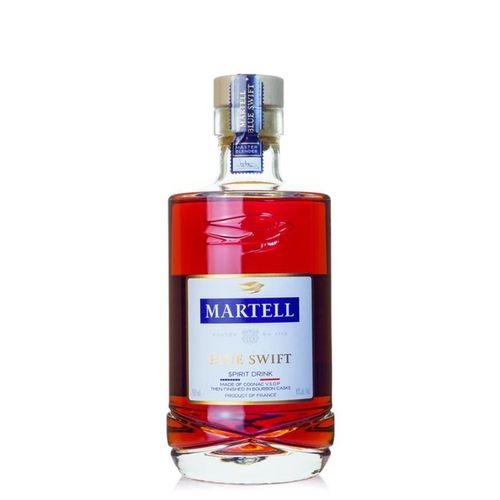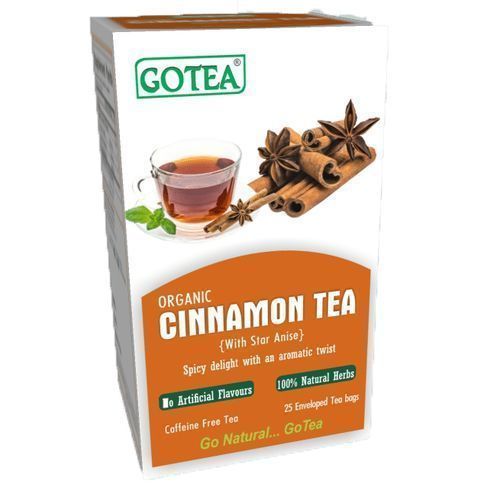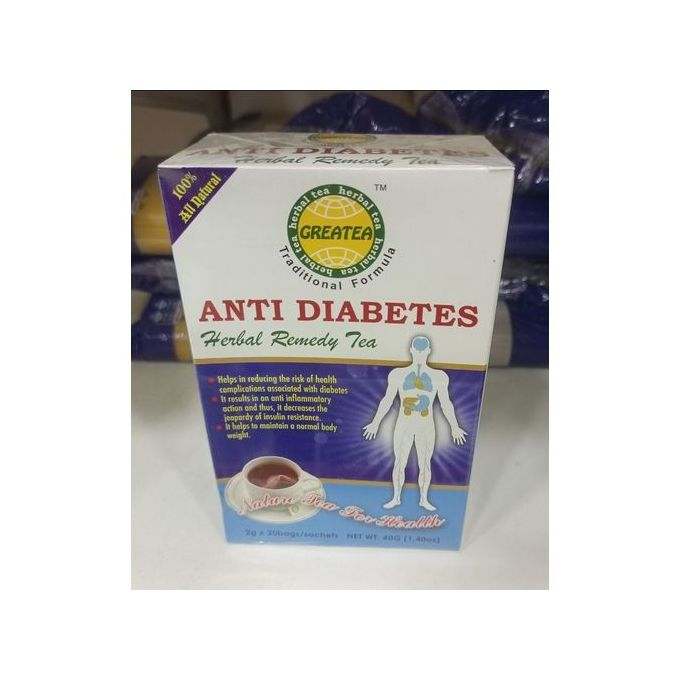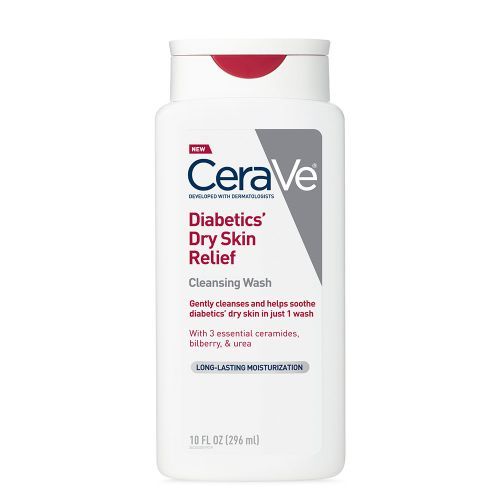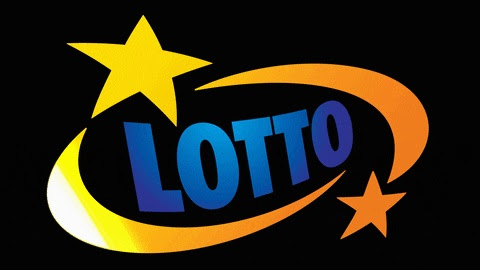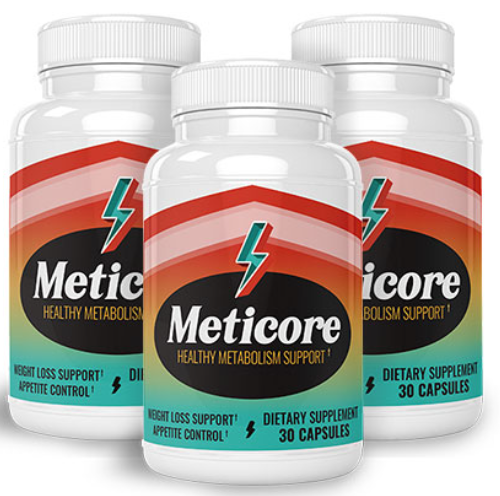As much as a healthy diet is important for managing diabetes, you cannot rely solely on balanced meals. When you have diabetes, high blood sugar acts as a diuretic and the nutrients your body absorbed will be filtered out of your body.
This makes diabetics prone to deficiency in water-soluble vitamins and minerals. To have a proper nutrition that will keep your blood sugar in check, you need to take supplements.
Another reason to take supplements is that by increasing your nutrient intake, you are helping your body use insulin more efficiently to keep your blood glucose levels healthy.
A number of dietary supplements are available for diabetics. Although research on the effectiveness of diabetes supplements is still limited, there are a few supplements that are beneficial. When combined with diabetes diet, regular exercise, and medications, dietary supplements can help manage diabetes and its complications.
Make sure to consult your doctor to see which supplement is the best for you. Herbs, for example, can have powerful effects and may interfere with your diabetes medications.
Chromium is a trace mineral that can be found in common foods including fruits, vegetables, fish, and meat. Chromium enhances the function of insulin and assists with reducing blood sugar levels. Clinical trials have shown that chromium helps the body distribute glucose and nutrients into cells.
However, this supplement should be taken in small doses, as too much chromium can threaten kidney function.
Diabetics are more prone to infection. Vitamin D activates the immune system and can help you fight bacteria and viruses.
This mineral is essential for protein synthesis and energy production. Studies have shown that increased magnesium intake can slow the progression from pre-diabetes to diabetes.
Some studies have shown that prickly pear cactus lowers blood sugar. Packed with compounds that work much like the insulin, the ripe fruit of this type of cactus can be found in supermarkets or health food stores. Eat it cooked or buy a powdered juice.
Do not get confused by its name. Bitter melon is a popular Asian vegetable that is traditionally used as herbal medicine. Bitter melon contains polypeptide-p that acts like insulin to lower blood sugar.
Also, bitter melon contains charatin, which promotes the conversion of glucose to glycogen for storage. Although there is limited evidence of clinical studies, bitter melon has shown promise in animal studies as a diabetes supplement. A small amount of its juice daily can have a great impact on your blood sugar.
We commonly see aloe vera in many cosmetics products; it has yet another beneficial use. There are studies that have found out that the juice of this plant helps people with type 2 diabetes to lower their blood glucose. Did you know that in Arabia the powdered juice of aloe vera is traditionally used to treat diabetes?
Gymnema Sylvestre Extract
This extract is derived from the leaves of the plant Gymnema sylvestre that grows in the Indian forests. The Gymnemic acids in the extract lower blood glucose by blocking the absorption of sugar. There are limited studies that also show that Gymnema sylvestre extract can regenerate the beta cells in the pancreas that secrete insulin.
Turmeric is a spice that gives curry powder its bright yellow color. Turmeric contains the curcumin compound, which is responsible for the vast majority of the health benefits associated with the spice. Curcumin has also been shown to activate peroxisome proliferator receptors, which are a group of proteins that modulate sugar uptake.
In diabetic rats, curcumin has also been shown to improve liver function and lower blood glucose levels. A 9-month research performed on 240 people with pre-diabetes, has shown that those individuals who consume curcumin can prevent diabetes completely.
Cinnamon
Those of you who love cinnamon rolls will definitely love this – studies suggest that consuming a half a teaspoon of cinnamon daily can reduce blood glucose levels and cholesterol.
Fenugreek
A study performed on 25 people has found out that fenugreek has a significant impact on managing blood sugar. Used in the Middle Eastern medicine for over 2000 years, this beneficial spice can help you manage diabetes.
Some of these herbal supplements may interfere with certain medications. Check with your doctor before making these supplements a part of your diet.
RELATED POSTS
Known Factors That Can Lead To Diabetes
How Do You Count Carbohydrate Intake?
Lose Weight and Exercise Regularly
Cut Back on Saturated Fats and Avoid Trans Fats
Around the Web











